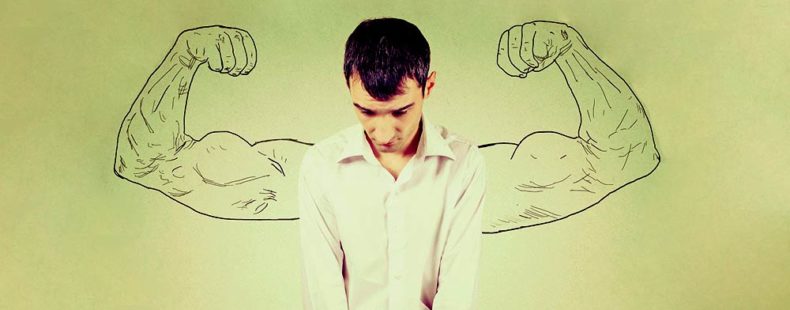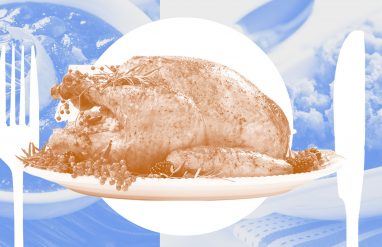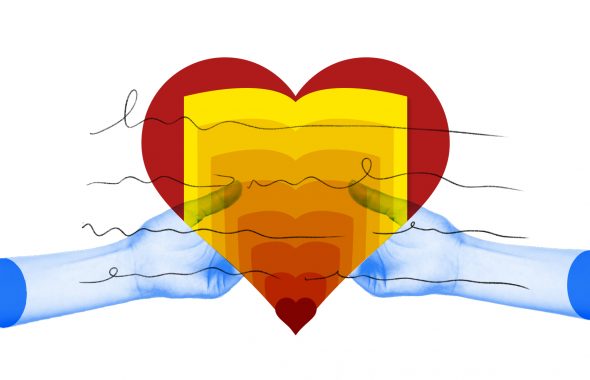Vice and virtue
Virtue and vice. The two concepts present a complex dynamic. They’re distinct from each other, yet oddly intertwined. Within every virtue, the possibility of vice exists. And within every vice, the promise of virtue is just beyond the horizon.
Here’s our inventory of the best good-and-evil duos that we all struggle to keep balanced … we know Thesaurus.com will be grateful because you may even learn an antonym or two along the way.






















